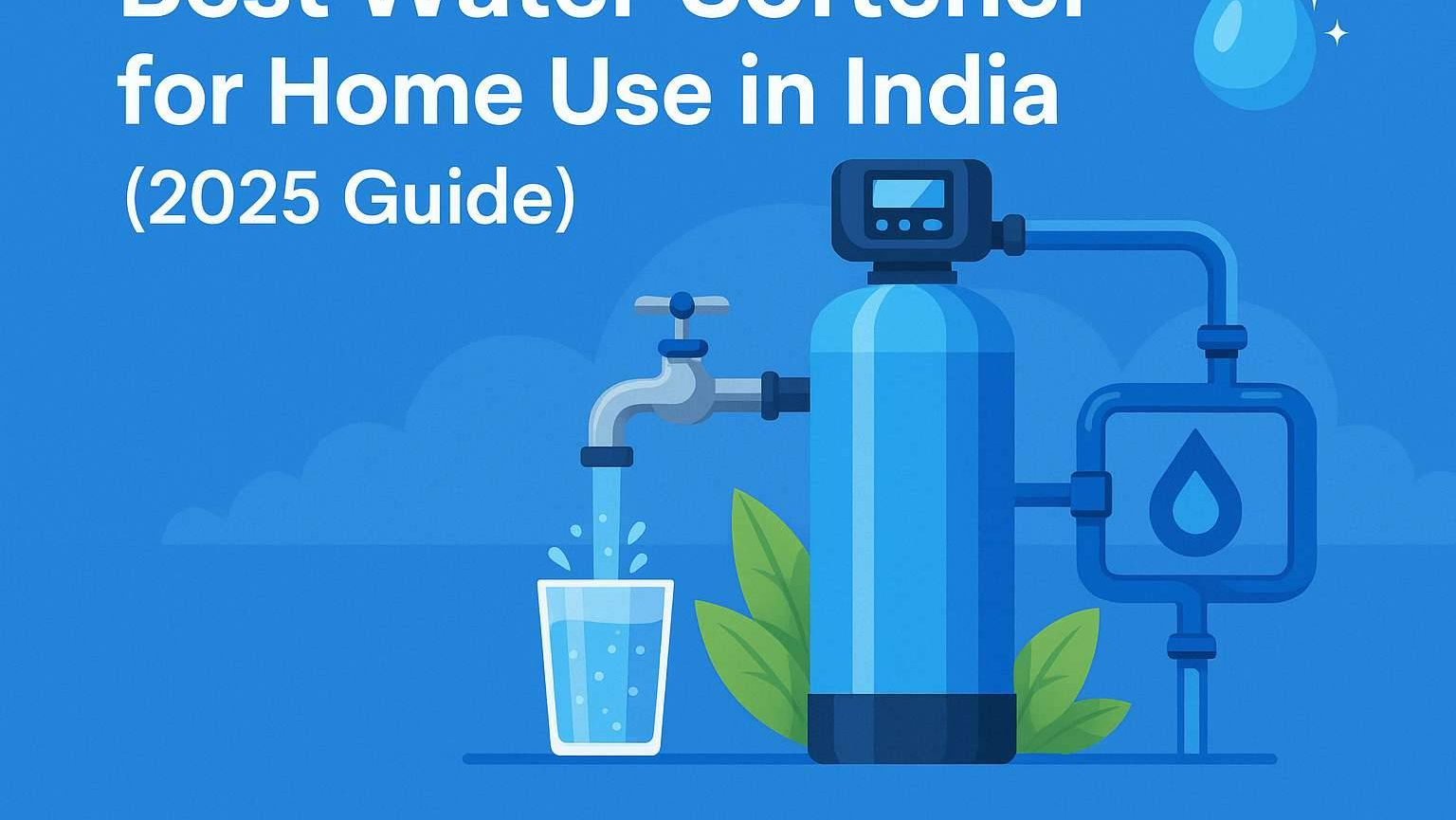Now Reading: Conserving Water This Is What Happens When You Start 2025
-
01
Conserving Water This Is What Happens When You Start 2025
Conserving Water This Is What Happens When You Start 2025

Table of Contents
In many parts of the world, Conserving water is taken for granted. It flows freely from taps, fills swimming pools, and keeps our gardens green. But with rising temperatures, growing populations, and changing climate conditions, fresh water is becoming scarce. Water conservation is no longer a choice—it’s a necessity. And the good news is, everyone can help.
What Is Water Conservation?
Water conservation means using water wisely and avoiding waste. It’s about doing more with less. From households and farms to industries and governments, saving water helps protect the environment, support agriculture, and ensure that future generations have enough Conserving water to meet their needs.
Why Water Conservation Is Important
Many people do not realize how much water is used daily.Conserving Every time you brush your teeth with the tap running, gallons of clean water go down the drain. When we waste water, we also waste the energy and money used to treat, pump, and heat it.
Here are some key reasons why conserving water is so important:
- Fresh Water Is Limited: Only about 3% of the Earth’s water is fresh, and much of it is trapped in ice caps or deep underground. That means we rely on a very small portion of water for drinking, cooking, farming, and cleaning.
- Climate Change Is Making It Worse: Global warming leads to more droughts, unpredictable rainfall, and faster evaporation from lakes and rivers. These changes reduce the amount of water available.
- Growing Demand: As the world population grows, so does the need for water for drinking, farming, electricity, and industry. Without smart conservation, demand could soon Conserving outpace supply.
- Protecting Nature: Rivers, lakes, and wetlands are home to fish, birds, and many other species. Wasting water can harm these ecosystems and the life they support.
Every Drop Counts: Simple Ways to Conserve Water at Home
Water conservation doesn’t have to be difficult. Small changes in daily habits can Conserving make a big impact. Here are some easy and effective ways to save water at home:
- Turn off the tap while brushing your teeth or shaving. This alone can save Conserving up to 8 gallons of water a day.
- Fix leaks in taps, pipes, and toilets. Even a tiny drip can waste thousands of gallons a year.
- Install low-flow fixtures like showerheads and faucets. These use much less water Conserving without reducing performance.
- Run dishwashers and washing machines with full loads only. It saves both water and electricity.
- Collect rainwater to water plants. Using a rain barrel is a simple and cost-effective method.
- Choose native plants for your garden. These plants require less water and are better suited to the local climate.
- Limit outdoor watering. Water your lawn early in the morning or late in the evening Conserving to reduce evaporation.
- Use a broom instead of a hose to clean driveways and sidewalks.
Water Conservation in Cities and Communities
Governments and local authorities also play a major role in water conservation. Many cities now promote water-saving measures through laws, campaigns, and incentives. For example, some offer rebates to homeowners who switch to water-efficient appliances or landscape with drought-tolerant plants.
Schools and offices can contribute too. Installing motion-sensor taps, fixing leaks quickly, and raising awareness among staff and students all help reduce water usage.
Agriculture and Industry: Big Users, Big Opportunities
Farming uses the largest share of the world’s freshwater. Efficient irrigation systems, like drip irrigation, can help save water while improving crop yields. Choosing the right crops for the local climate also makes a difference.
Industries use water for cooling, cleaning, and manufacturing. Many companies are now using recycled water, upgrading their equipment, and adopting cleaner production methods to cut down water use.
The Role of Technology in Saving Water
Modern technology is making water conservation easier and more efficient. Smart irrigation systems can water gardens based on weather conditions. Leak-detection sensors alert homeowners and businesses to problems before they become major issues. Water meters help track usage and promote accountability.
Apps and online platforms also educate people about their water footprint and provide tips to improve it.
Case Study: Cape Town’s Water Crisis
In 2018, Cape Town, South Africa, nearly became the first major city to run out of water. The government launched an emergency campaign urging citizens to limit water use to 50 liters per person per day. Thanks to strong community action and government steps, the crisis was averted. This example shows that with effort and cooperation, water shortages can be managed.
What You Can Do Today
Water conservation begins with awareness. Here are a few steps you can take right now:
- Check for leaks in your home and fix them.
- Take shorter showers try to keep them under 5 minutes.
- Reuse water where possible for example, use leftover cooking water to water plants.
- Educate family and friends about saving water.
- Support local and national policies that promote water conservation.
Conclusion: Small Actions, Big Impact
Water is one of our most precious resources, but it’s not unlimited. Conserving water helps protect the environment, saves money, and ensures a better future for everyone. Whether you are a student, a business owner, or a farmer, you have a role to play.
Start small. Act now. Because every drop you save today can make a big difference tomorrow.
Read More:- Shobha Realty Launches Its Most Luxurious Project Yet—Full Details Inside 2025






















